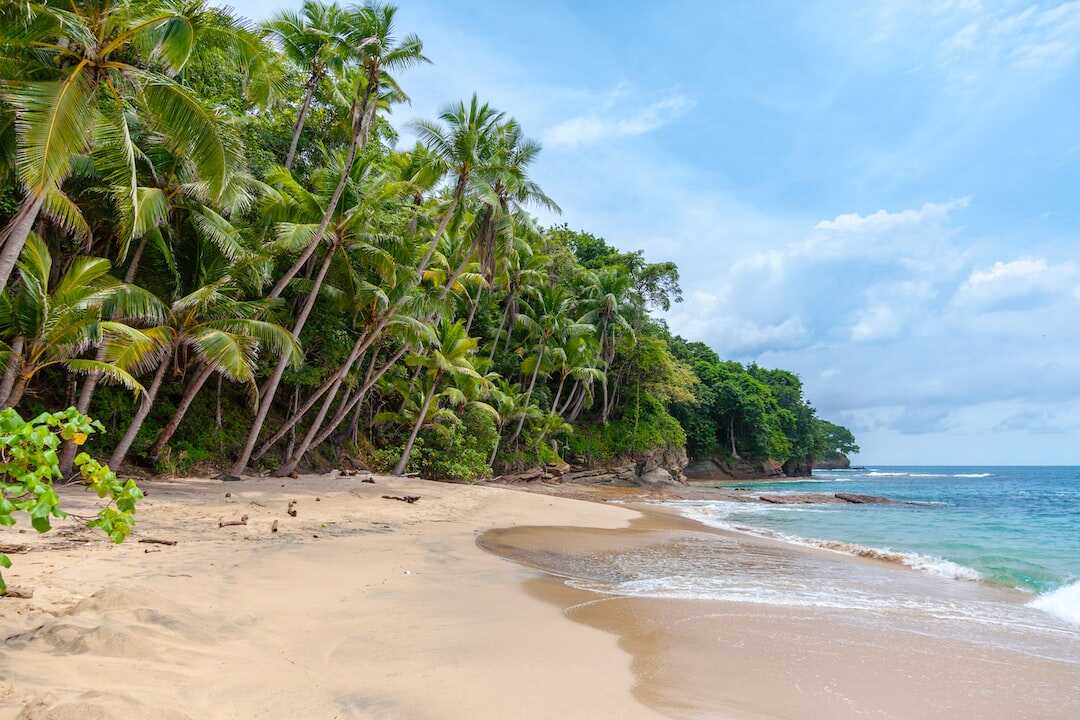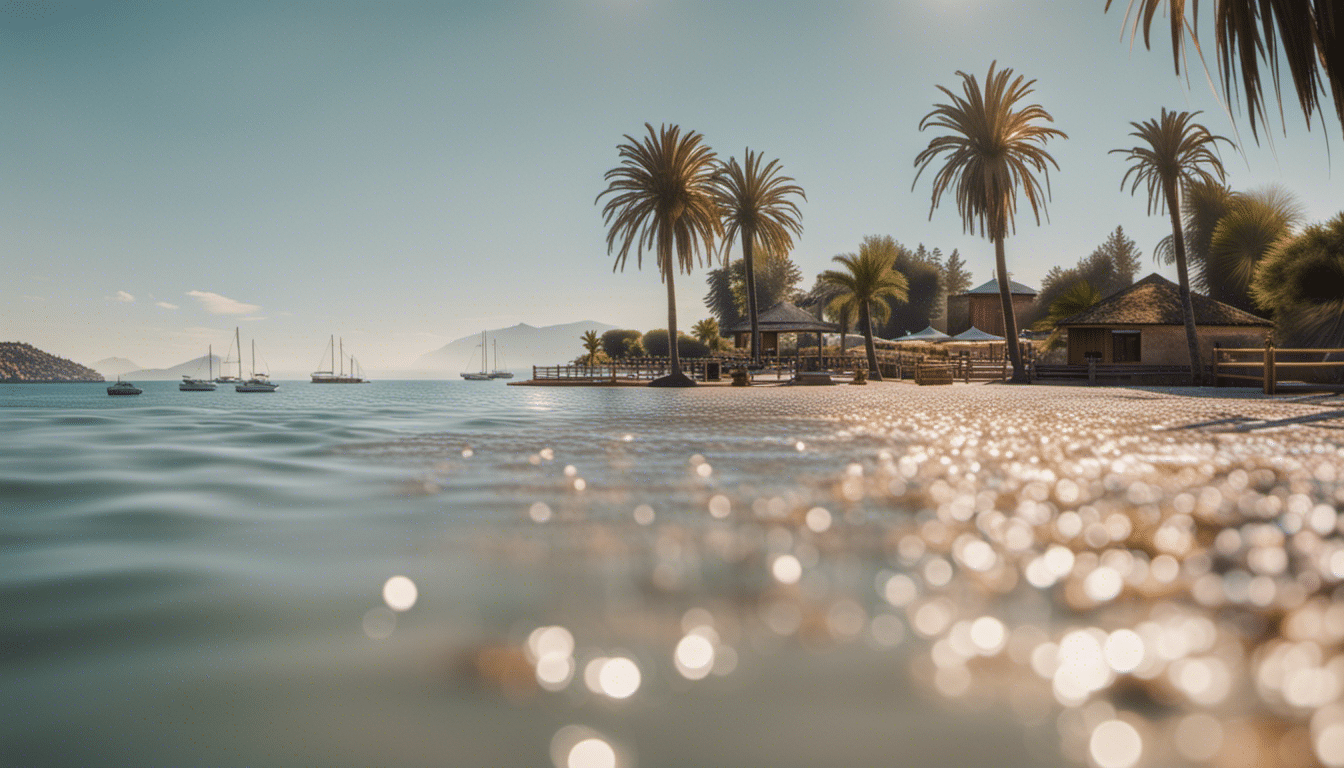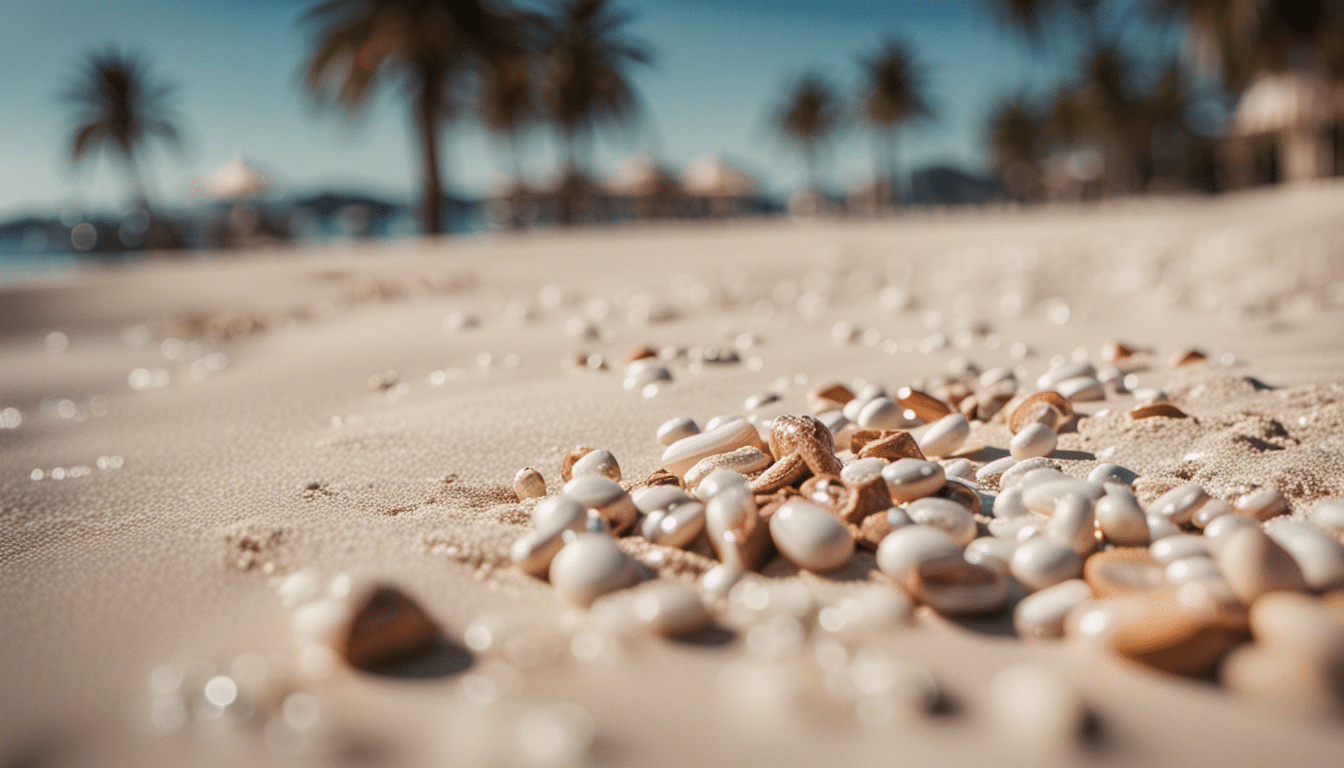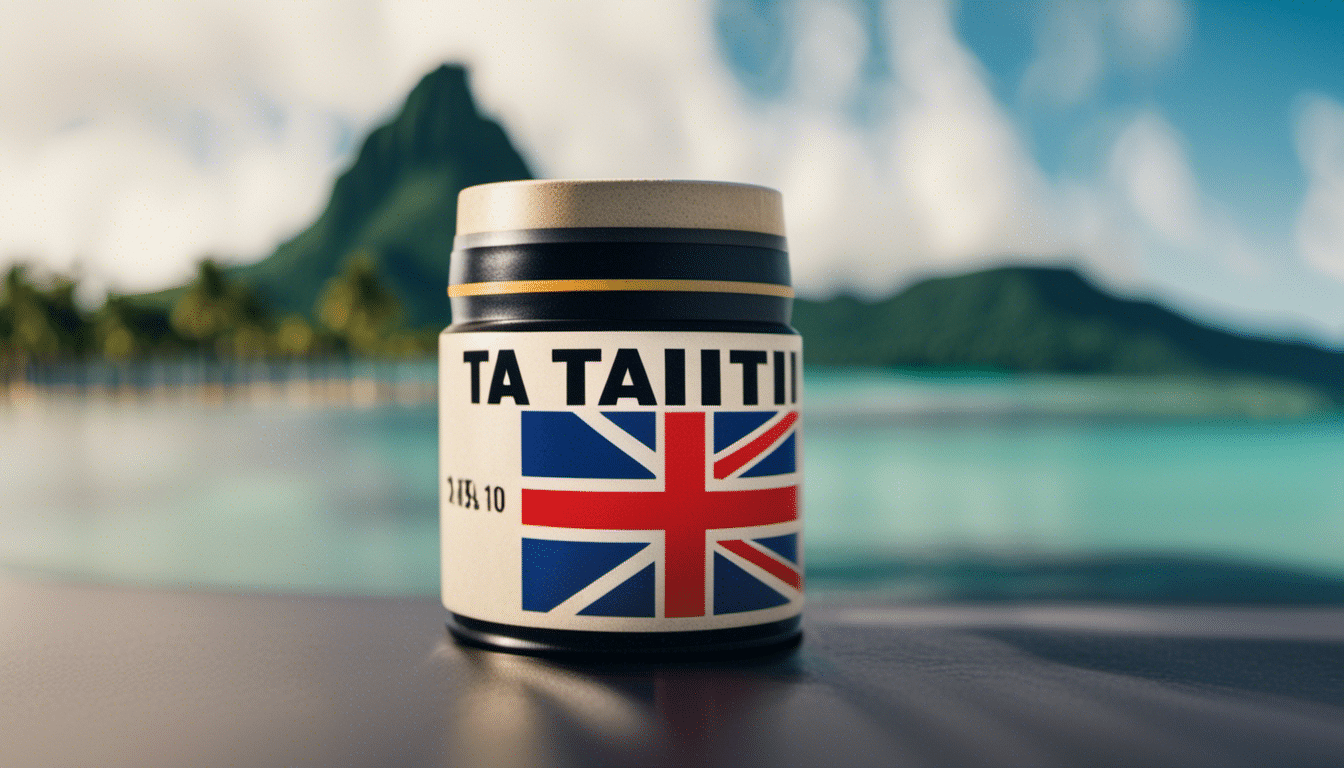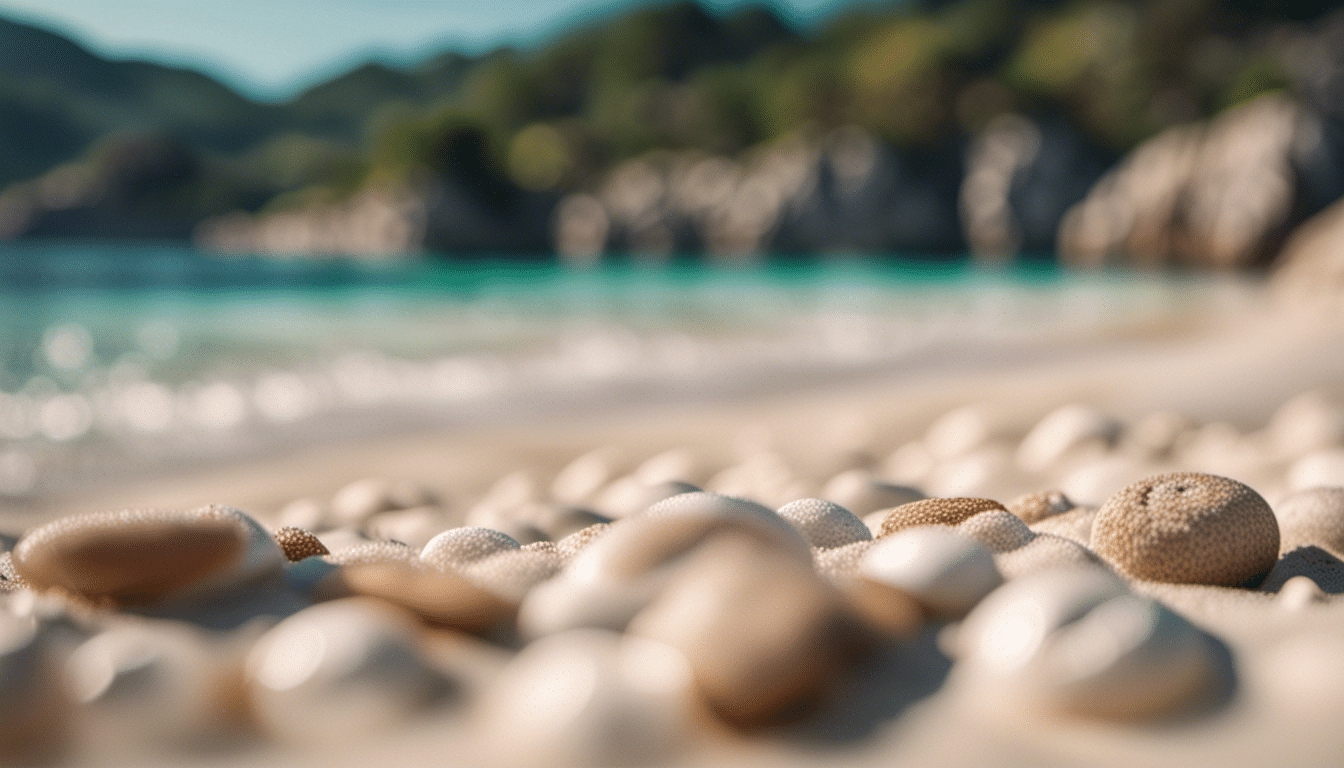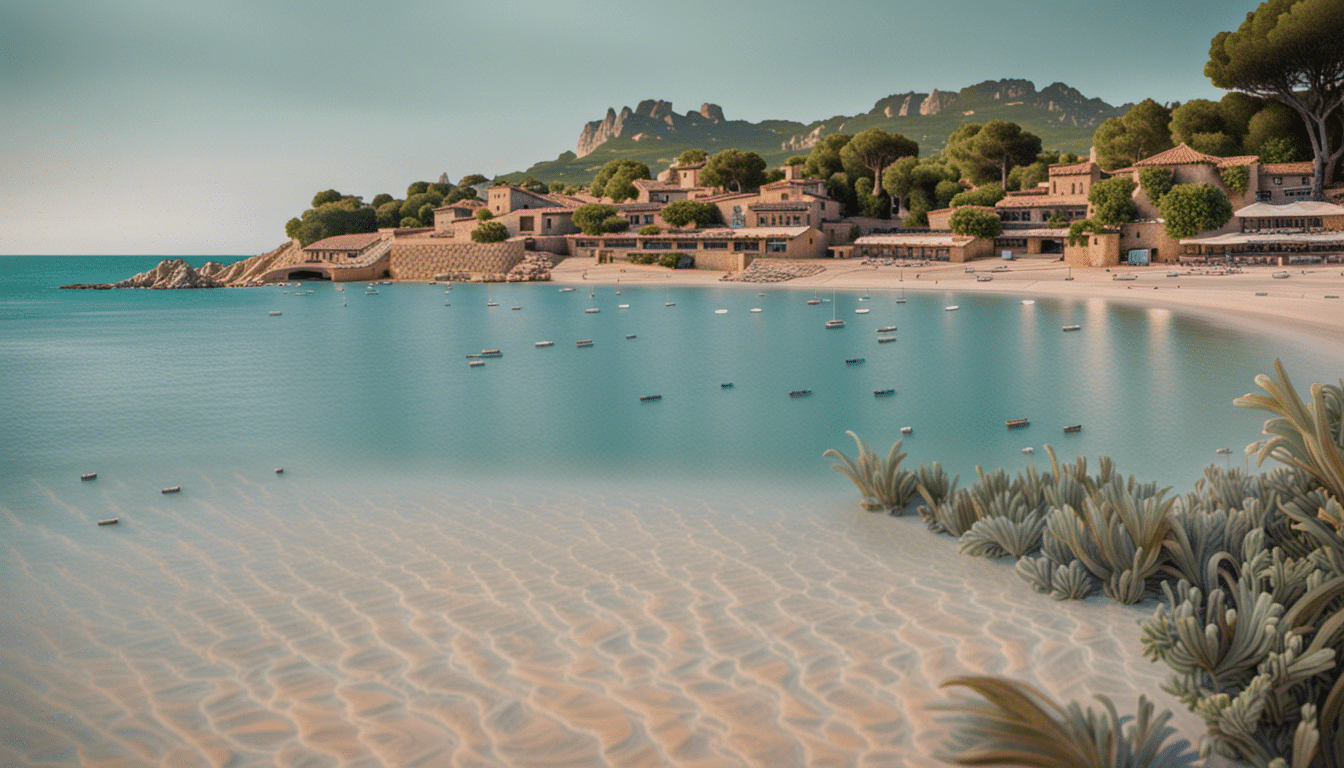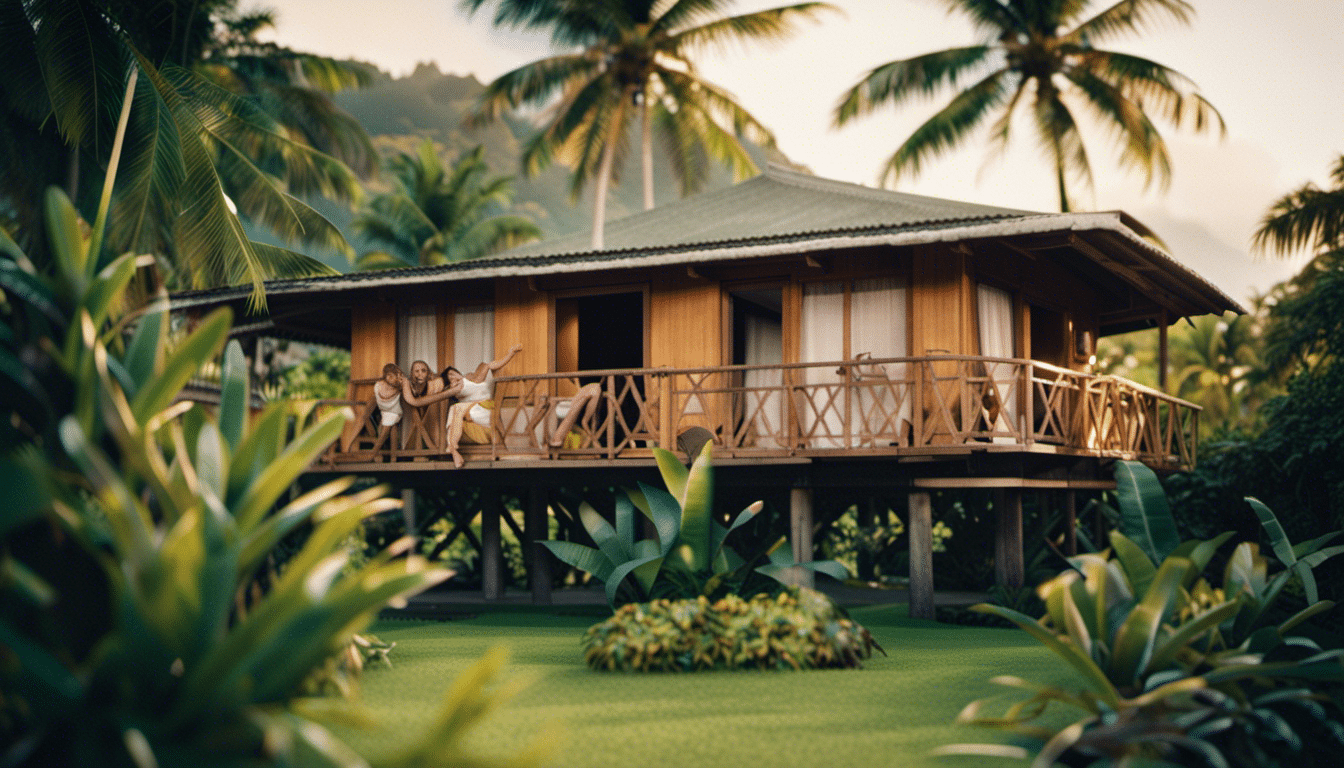Living in French Polynesia: the price to pay?

Introduction
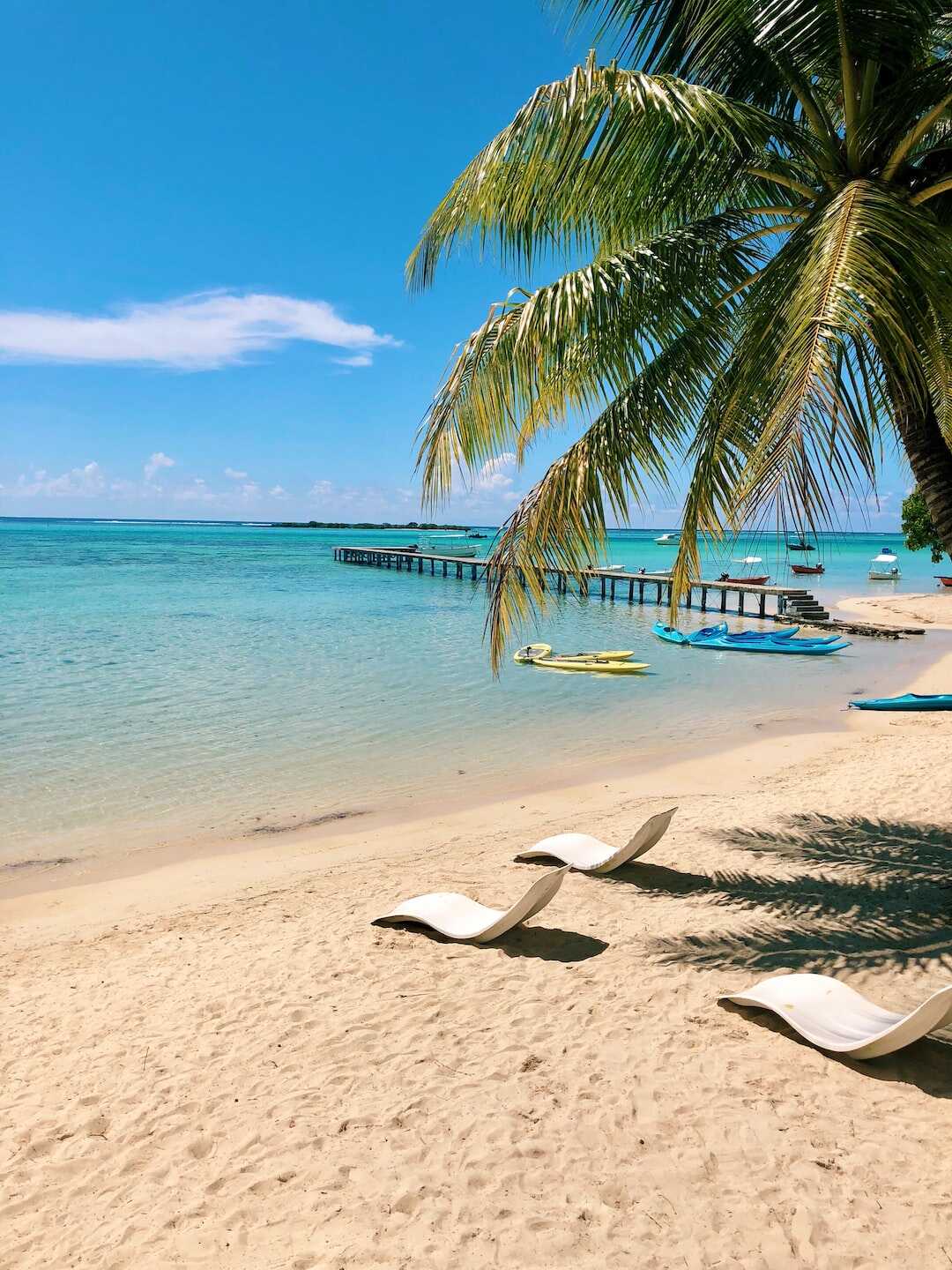
French Polynesia is an idyllic destination that attracts many travelers with its heavenly beaches, breathtaking landscapes and fascinating culture. However, living in French Polynesia is not as easy as it seems. Indeed, the cost of living is very high and this can make life difficult for some. In this article, we’ll explore the different aspects of life in French Polynesia and see if the price tag is worth it.
The cost of living in French Polynesia
TEA cost life in French Polynesia is very high, due to its geographical distance from other countries and high import costs. Prices for food, rent and basic commodities are significantly higher than in most other vacation destinations. However, according to residents and expatriates, the Polynesia French can offer an incomparable quality of life.
Overall, French Polynesia is about 30% more expensive in terms of cost of living than mainland France. Imported goods such as cars, clothes, food, and other consumer goods cost more due to the distance from the ocean island and customs barriers put in place by the government. In some cases, the prices of the products can even be double compared to the prices of the hexagon because of the high transport costs.
Housing in French Polynesia
TEA accommodation is one of the biggest positions in budget for those who want to live in French Polynesia. Rent prices are very high due to the scarcity of accommodation available on the islands, such as in Tahiti. However, with economic growth and infrastructure development, housing prices have increased exponentially.
The average rent for a one-bedroom apartment in Papeete, the capital of French Polynesia, is around XPF 100,000 (€837.60), while a two-bedroom apartment or more can cost up to at 180,000 XPF (€1,507.68) per month. In general, houses are more accessible than apartments, but most sublet houses have strict limitations. Moreover, this is true for landowners looking to live in luxurious homes.
Work and business opportunities in French Polynesia
French Polynesia is not an ideal place for those looking to strike it rich, as the majority of the economy depends on tourism and the public sector. Jobs in the tourism sector are often seasonal and precarious. Future tourism will be based on landscape design and ecotourism.
Nevertheless, the opportunities business opportunities exist for those willing to invest in sectors such as fishing, agriculture, solar energy and information technology. Culture and craft industries are also viable options for entrepreneurs.
The benefits of living in French Polynesia

There Polynesia France has a lot to offer in addition to its superb beaches and landscapes. Its inhabitants live with a know live quite different from most people in the western world. The local population is very welcoming, and it is common for people to greet each other with a smile or exchange short conversations.
Besides the quality of life, a life in French Polynesia offers a truly unique cultural diversity. It is also possible to have a life experience surrounded by nature. People hike here, swim in the crystal clear sea and have fun on the surface of the water.
FAQ’s
Q1: How can I settle in French Polynesia legally?
To enter French Polynesia for a limited period (90 days), nationals of certain countries must be in possession of a valid passport to register their journey upon arrival. If you want to stay longer, you should find out about the steps to take with the French administration in the country.
Q2: What is the cost of living in Tahiti?
The capital Papeete is one of the most expensive cities in French Polynesia, and it is known that the cost of living in Papeete is similar to large French-speaking metropolises. The cost of living in Tahiti is influenced by its local prices, availability of resources, and unforeseen expenses.
Q3: What is the median salary in French Polynesia?
The median salary of a worker in French Polynesia is around €1750 per month. However, salaries are generally higher in the tourism, industry and fishing sectors.
Conclusion
In short, living in French Polynesia can be an ideal choice for those looking for an incomparable quality of life and incredible nature. Nevertheless, it is important to take into account the price high standard of life in this Pacific territory. People who want to live there must also be willing to work hard to meet their financial needs and life goals. Finally, for a life-saving quality of life, you can do more research on costs, regulations, and country living, where life is more affordable and business opportunities are more accessible.


